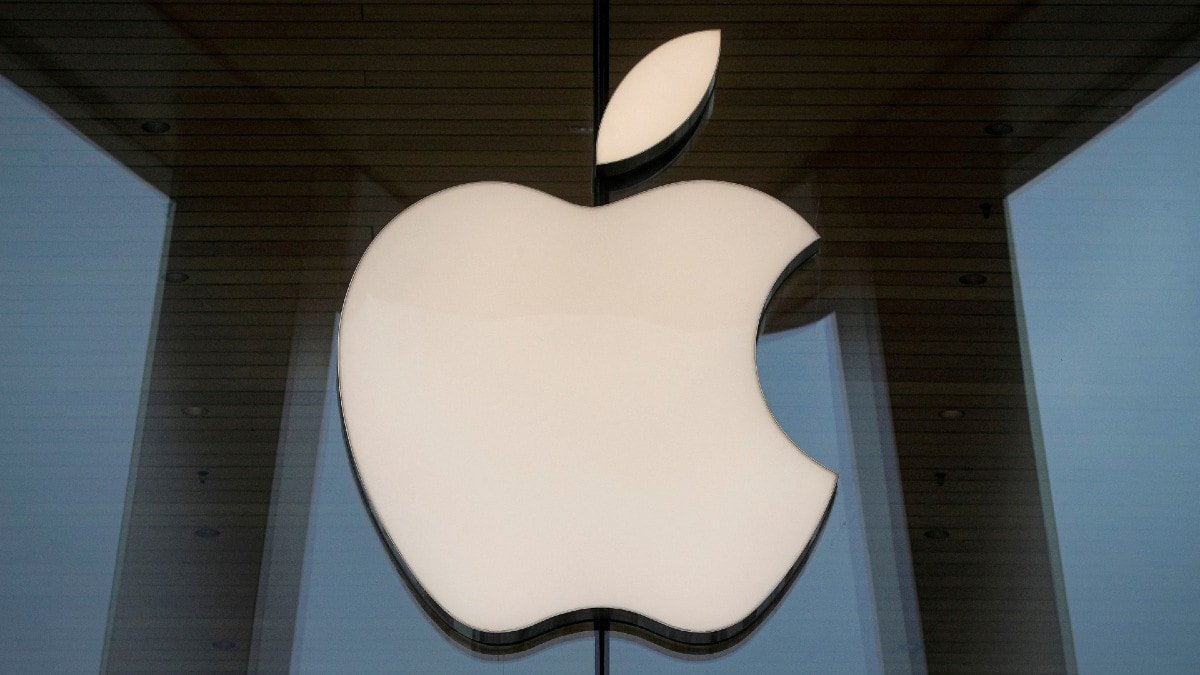Snack giant Mondelez International is deploying a new generative AI tool to reduce marketing content production costs by 30% to 50%, a senior executive told Reuters.
The maker of Cadbury chocolates began developing the tool last year in collaboration with Publicis Groupe and Accenture. The company expects the technology to create short TV ads ready for airing by next year’s holiday season, and possibly even for the 2027 Super Bowl, according to Jon Halvorson, Mondelez’s Global Senior Vice President of Consumer Experience.
Mondelez has invested over $40 million in the AI system. Halvorson said the cost savings are expected to increase as the tool evolves to produce more complex video content.
Amid economic pressures such as tariffs and reduced consumer spending, Mondelez and other major consumer goods companies are turning to AI to cut agency fees and speed up product development and marketing cycles.
Industry peers including Kraft Heinz and Coca-Cola have also experimented with AI-generated ads. Coca-Cola’s 2024 AI-powered holiday campaign, however, faced criticism for featuring characters that lacked emotional authenticity.
Unlike some competitors, Mondelez is avoiding human likenesses in its AI-generated content. Instead, the company has been testing the tool for social media marketing, such as Chips Ahoy cookie ads in the U.S. and Milka chocolate promotions in Germany. One eight-second Milka video features chocolate waves flowing over a wafer, with dynamic backgrounds tailored to individual consumer segments.
According to Halvorson, such AI-driven animations cost a fraction of traditional production—“orders of magnitude smaller,” he noted, compared to the hundreds of thousands typically spent on similar campaigns.
In the U.S., Oreo will begin using the AI tool for Amazon and Walmart product pages in November. The rollout will extend in the coming months to Lacta chocolate and Oreo in Brazil, and Cadbury in the UK.
Tina Vaswani, Mondelez’s Vice President of Digital Enablement and Data, emphasized that human oversight remains essential. She said all AI-generated content undergoes review to ensure compliance with company ethics policies, which prohibit depictions of unhealthy habits, vaping, overconsumption, manipulative messaging, or offensive stereotypes.



